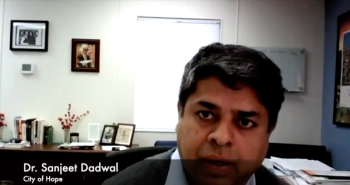
An infectious disease expert explains the new and upcoming treatment modalities that are improving COVID-19 outcomes for patients with cancer and other conditions that compromise the immune system.

An infectious disease expert explains the new and upcoming treatment modalities that are improving COVID-19 outcomes for patients with cancer and other conditions that compromise the immune system.

One cancer survivor describes the impact of the words of support from other patients with cancer throughout his experience that helped pull him out of devastation.
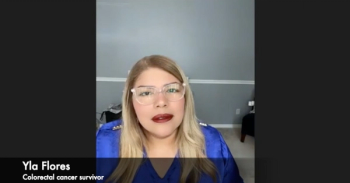
After not knowing quite what to expect from her first chemotherapy treatment, colorectal cancer survivor Yla Flores describes the pain she felt in her heart after seeing other patients in worse conditions.
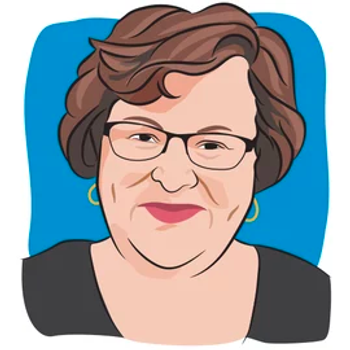
A cancer survivor explains how she was able to intimately reconnect with her spouse after cancer caused their love life to fizzle for many years.

A cancer survivor offers tips on dealing with the mental gymnastics of wondering whether his COVID-19 vaccine will work against the omicron variant and how more isolation will affect his mental state.

A cancer survivor explains her approach to New Year’s resolutions and how she plans to make her health a priority.

Cancer survivors may experience psychological side effects of cancer and can benefit from stress management interventions, although these in-person services are often limited.

A breast cancer survivor describes a project she participated in — the Dear Body Project — to thank her body for all that it has endured.
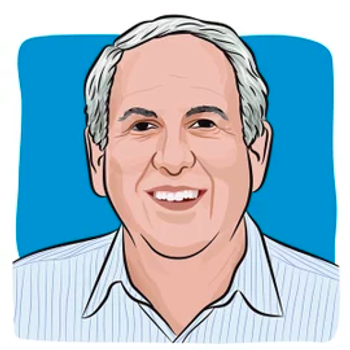
A pancreatic cancer survivor explains how he learned to live after cancer and reflects on lessons learned from the book, “Tuesdays with Morrie.”

A cancer survivor pens a poem about his New Year’s resolutions to help other survivors through obstacles in 2022.

A young adult cancer survivor describes the ways people typically misunderstand his cancer experiences.

A person with cancer may naturally assume an oncologist will follow them throughout the course of treatment, but when that person survives for many years, things can rapidly change.
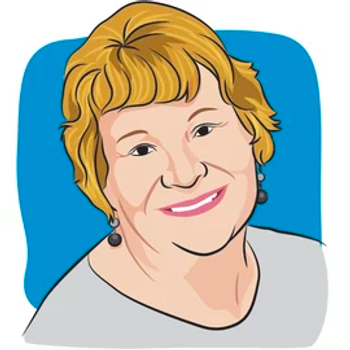
A cancer survivor discusses the hurtful words people say to cancer survivors and why they sting.
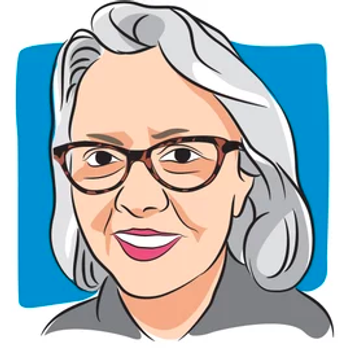
Nobody wants to learn they have cancer. But sometimes, the disease teaches people to appreciate other aspects of life, one cancer survivor explains.
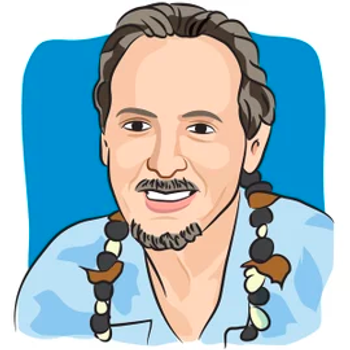
A male breast cancer survivor discusses the fear and fabrications created in his head and how he deals with them.

“I had to choose one of two paths, to become the victim and let the disease control me or take control of the disease and fight for my life. The moment I chose to fight was the moment life opened all of its beauty,” writes a lymphoma survivor.

A cancer survivor explains how she feels like she’s living inside a nightmare with new COVID-19 variants appearing all the time, making her unable to see her family over the holidays.

A man who has spent five years dealing with cancer shares his thoughts on the COVID-19 booster shot.

A pancreatic cancer survivor explains the anguish he felt over seeing a young mother and her child in the waiting room for his oncologist, and what words of advice he would offer her.

A patient with metastatic breast cancer reflects on the difficulties she faced in 2021 and why a shipwreck is the perfect metaphor for her year.

Oftentimes the warmest holiday moments can remind cancer survivors of how much their paths have been derailed, a survivor explains.

Each time a new COVID-19 variant takes the world by storm, cancer survivors struggle to cope with the resulting exhaustion and fear, one survivor explains.

A cancer survivor explains how her most prized possession went from being a faux fur coat to the slip of paper that reads, “No cancer detected.”

Cancerversaries can stir up difficult emotions for many cancer survivors. One pancreatic cancer survivor offers advice on how to cope with these feelings.

From finding tasks to feel in control of his well-being to spending time with loved ones, one man describes how he takes care of his mental health after cancer.

Several CURE® Calendar Contest winners describe their winning creations and discuss how they used art as a medium of coping with the struggles of cancer.

A man who lost his wife to cancer explains the positive attitude she had during treatment and how she came to reach acceptance of her prognosis.
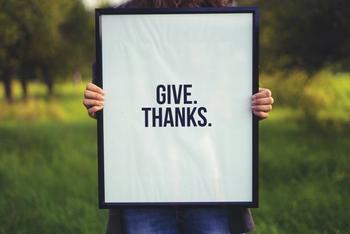
CURE® recently asked its readers on social media to share who or what they were most thankful for having during their cancer experience. Here’s what they had to say.

A cancer survivor talks about how she has learned to appreciate the little things in her daily life.

It’s easy to internalize the way other people treat you, but oftentimes it’s merely a result of their own inner struggles, a cancer survivor explains.